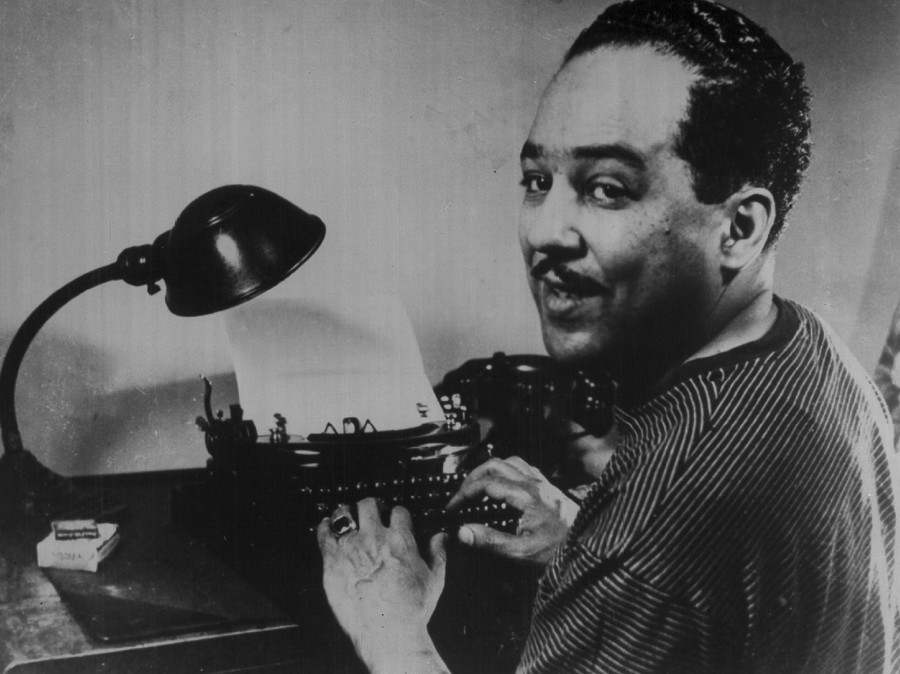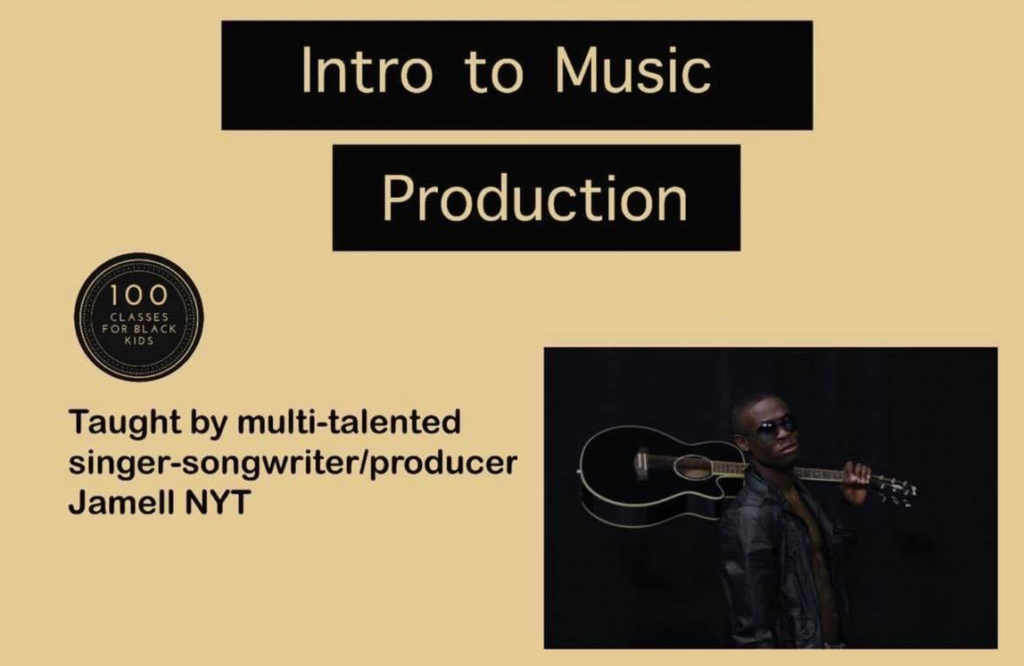Poetry of the Harlem Renaissance, a period of African American cultural flowering in the 1920s, should be an entire course taught around the world. The course could begin with Langston Hughes, a major figure of that time, and provide insight into the African American experience to children around the world. Of course, this course could not be taught by just anybody.
As with all poetry written prior to the mid-20th century, the poetry of the Harlem Renaissance is really a product of society at that time. Most people have no context for what this means and by that, I mean: most people know very little about African American culture in Harlem in 1926 or earlier because they were never taught. So to teach something like Langston Hughes poetry without any sort of historical context, it could create stereotypes. But, if you can find a teacher who knows enough about both African American History and Poetry, then yes, having classes on the poetry of the Harlem Renaissance would be very beneficial.
To get you started, read about Langston Hughes and listen to his poetry below.
Langston Hughes is one of the most important African-American poets of all time. He was born in Joplin, Missouri, on February 1, 1902. His father was a Baptist preacher and his mother was a schoolteacher. Hughes attended junior high and high school in Oklahoma, where he began writing poetry. He then went to Columbia University in New York City, but left after one year to travel throughout the United States and Mexico. In 1921 Hughes settled in Harlem, New York, and became active in the Harlem Renaissance. Hughes published his first book of poems, The Weary Blues, in 1926. He wrote novels, short stories, plays, and essays, and also worked as a journalist and publicist.
Hughes is best known for his poetry, which deals with such themes as African American identity, racism, poverty and the joys and sorrows of life. They explore the African-American experience and offer a unique perspective on American culture and society. He captured the rhythms and sounds of black speech and culture in his writing, and helped bring African American poetry and literature to a wider audience. Hughes died in 1967. Hughes’ poems are relevant today because they offer insights into the African-American experience that can help promote understanding and respect for diversity. Studying his poetry can help students learn about American history and culture, and can also help them develop a better appreciation for the richness and diversity of the human experience.
In addition to writing poetry, Hughes was also a prolific writer of fiction, non-fiction, and plays. Much of his writing addressed the challenges faced by African Americans during the Jim Crow era. Many reflect his concerns about social justice and racial inequality. Hughes’ work is highly respected and has been anthologized extensively.
Hughes’ work is both powerful and accessible, and his poetry is a valuable addition to any language arts curriculum. He was an important figure in the American literary movement and his poetry is still relevant today. His work should be studied by all students, regardless of race or ethnicity.They are a valuable source of insight into American history and culture.


